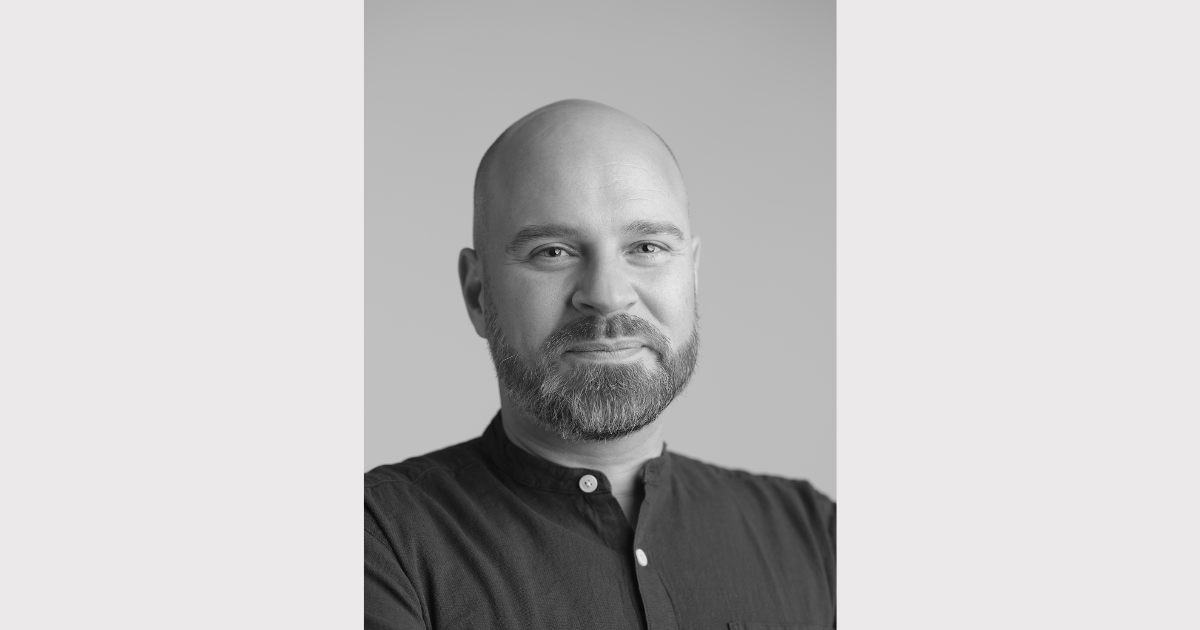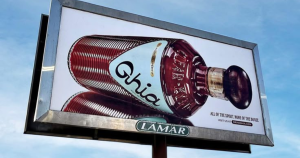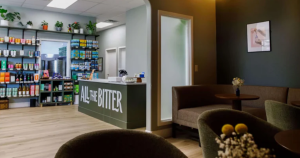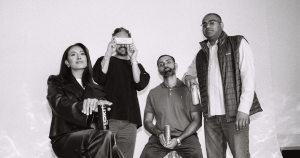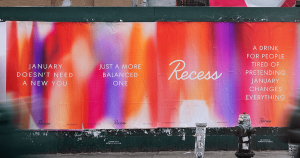Dan Gasper, Managing Partner of Nex Drinks Partners and Co-Founder of Distill Ventures, knows what it takes to build a lasting beverage brand. Over the course of his career, he’s worked closely with over 100 founders across the traditional alcohol and non-alcoholic categories.
In this interview, Dan shares what separates fleeting brands from durable ones, the biggest mistakes early founders make, and why “go deep, not wide” might be the most important advice in a crowded category.
Dry Atlas: How did your experience co-founding Distill Ventures shape your perspective on today’s beverage landscape?
Dan Gasper: I’m proud to have been an early pioneer of venture investing in drinks. Co-founding Distill Ventures back in 2013 was an incredible experience that taught me a lot about the real drivers of innovation in this space. More than anything, I learned that great founders are the heartbeat of innovation. They’re the ones who create brands that consumers genuinely want.
The journey of investing in a portfolio of early-stage brands showed me that the road is rarely linear. One year a brand may seem like it’s falling behind, and the next, it can leap ahead of the pack. You also come to realize that acceleration can only go so far—as an investor or advisor, you’re part of the pit crew. It’s the founder who drives the car. But with the right support and coaching, founders can absolutely build lasting brands.
DA: You’ve said before that growth alone isn’t enough. What makes a beverage brand durable in today’s market?
DG: You need to build a brand consumers genuinely love. Founders can do something multinationals often can’t: create Zeitgeist brands rooted in a singular belief. Right now, I see a lot of products in market that are just that—products. They might sell well for a moment, but they don’t build loyalty or real brand equity.
The most exciting brands today are building emotional connection. Their founders are creating something bigger than just a drink. And in a tight funding environment, that’s even more important. If you’re just scaling availability without deepening brand resonance, you’re setting yourself up for a tough road ahead.
DA: What mistakes do you most often see early-stage founders make?
DG: Being a founder is both incredibly stressful and wildly exhilarating. I’ve had the privilege of working with more than 100 founders over the past 16 years, and I can tell you: the best ones are visionaries who also know how to listen.
They surround themselves with great advisors and are open to course-correcting when needed. The ones who go far are the ones who obsess over flavor. They don’t pick from a catalog of off-the-shelf options; they push boundaries and use real ingredients to create something exceptional. It’s a harder path, but in the long run, it leads to something much more meaningful.
DA: How do you know when a founder is truly built for the long haul?
DG: The best founders do it for love first, money second. Especially in this category, people can sense when you’re just here for a quick win. Bartenders, in particular, can spot it a mile away.
Success takes incredible grit. This is an 8-to-10-year journey. Quick exits are rare. You need a personal reason for doing this, because that’s what carries you through the toughest moments.
There’s also a pivotal shift that happens when a founder becomes a CEO. Early on, it’s just you and a tiny team. But once you bring on investors and start to grow, you need to delegate. You have to evolve into someone who leads rather than controls every piece of the business.
That requires real emotional intelligence. Knowing your strengths, admitting your gaps, and hiring people who are better than you in key areas. It’s hard to let go, but it’s crucial. Otherwise, you end up answering customer service emails with a team of 20 around you. Your job becomes solving the hardest problems, not doing everything yourself.
DA: Are there any outdated brand-building strategies from traditional beverage that today’s non-alc founders should leave behind?
DG: Scaling before you’ve built a brand is a big one. I still hear founders say, “We’re in 22 states!” But when you dig in, they’ve just shipped pallets. There’s no pull-through, no velocity, no community. It’s a dusty footprint, not a meaningful presence.
Brand building isn’t about getting into the most doors. It’s more so about selling in the right ones. If you can move a store from six cans a week to 24, that tells you something. That data sharpens your messaging, your packaging, your staff training. Some think that adding new accounts is what marks growth, but it’s strengthening your relationship with existing ones.
DA: Are there any overlooked opportunities or white spaces in the non-alcoholic category right now?
DG: In the mimic or analog space, beer has led the charge, but I think there’s still massive opportunity in non-alcoholic wines and RTDs. We’re starting to see more brands in those segments building strong formulas and distinct brand identities, but there’s room for a lot more.
Beyond that, I’m fascinated by founders creating entirely new flavor profiles. Thanks to the food revolution of the past 20 years, today’s consumers are more adventurous than ever.
DA: A lot of founders hope for eventual acquisition. What do they misunderstand about what makes them acquirable?
DG: Founders often think in terms of growth metrics, but acquirers think in terms of portfolio fit. Strategic buyers aren’t just interested in your numbers, they just want to know what’s in it for them. Do you help them stay relevant in a category they’re losing ground in? Can you bring them into new retail environments or consumer occasions? What I like to say is, “You’re out to impress 1% of people, not 100%.”
Look at Poppi and Pepsi. Poppi gave Pepsi a modern, wellness-oriented product that opened doors they couldn’t previously access. If you’re not thinking about how you slot into a larger ecosystem, you’re missing a key part of the equation.
DA: Any final advice you’d leave for founders in this space?
DG: Four things:
- Make sure your liquid is exceptional. Then ask how it can be even better.
- Choose investment partners whose goals align with yours. This is a long game.
- Spend time with your customers and your trade partners. Your brand should evolve based on those learnings.
- Go deep, not wide. Rate of sale matters more than points of distribution.
If you can commit to those four tenets, you’re giving yourself a real shot at leading this space.
This interview has been edited for length and clarity.


